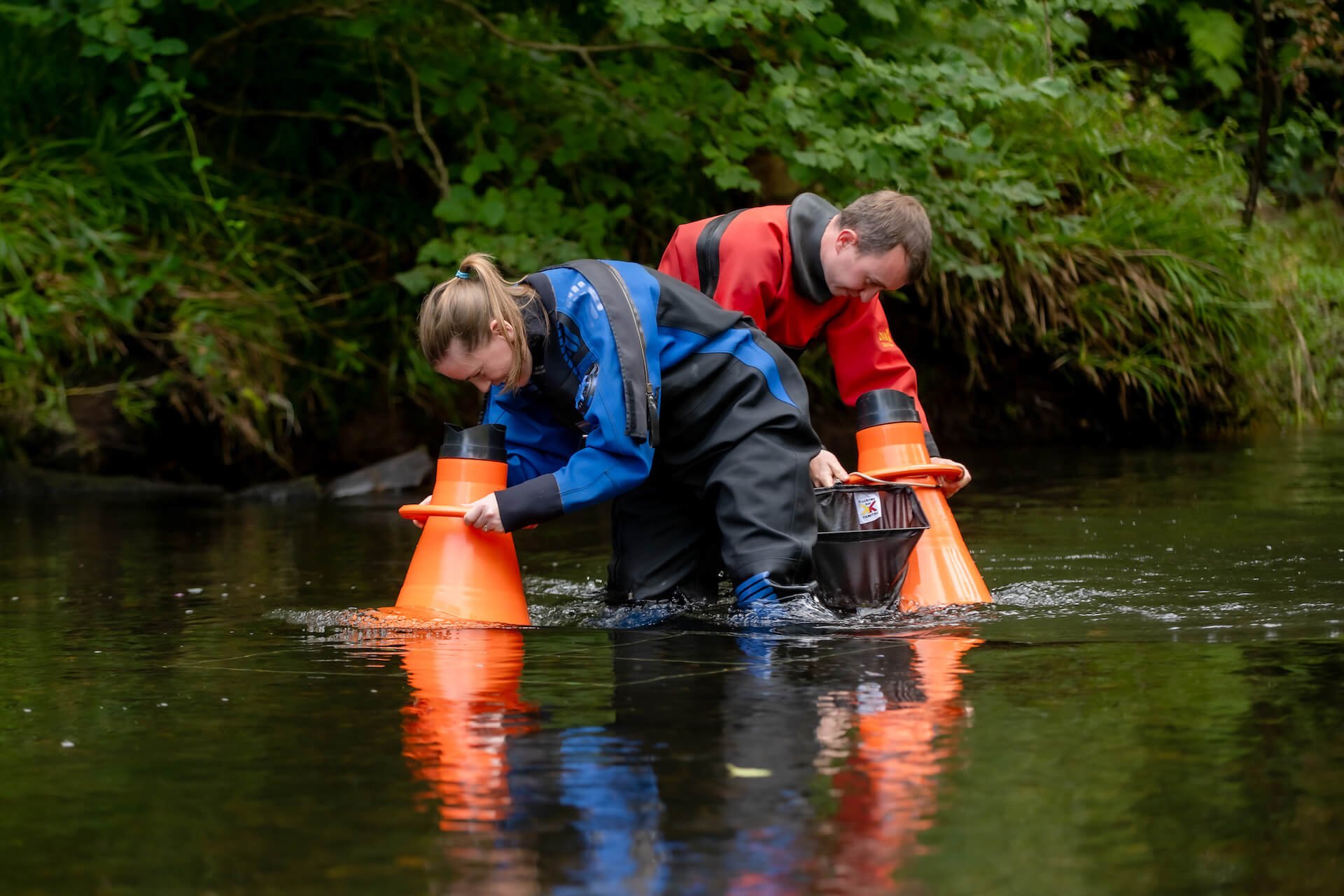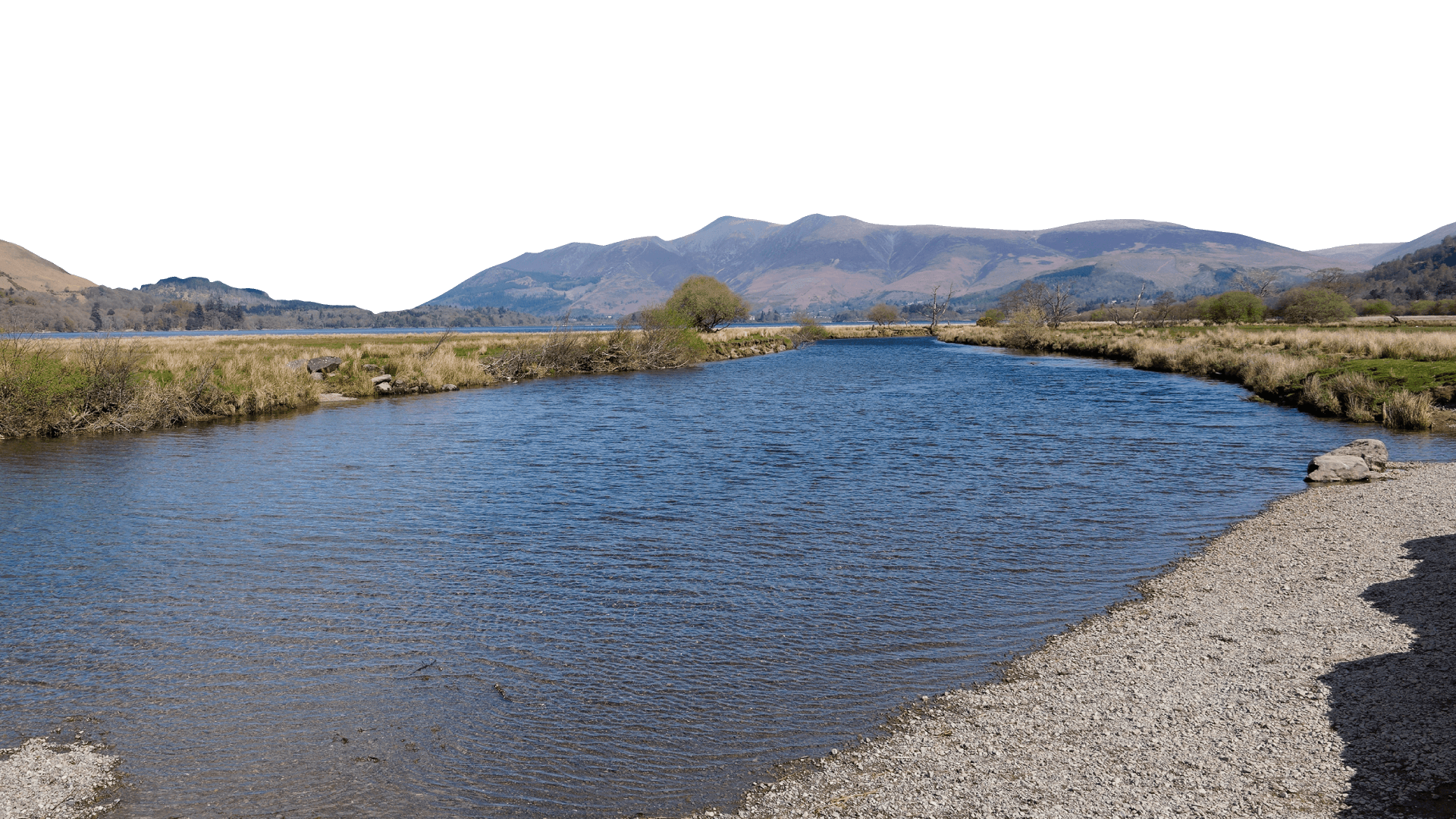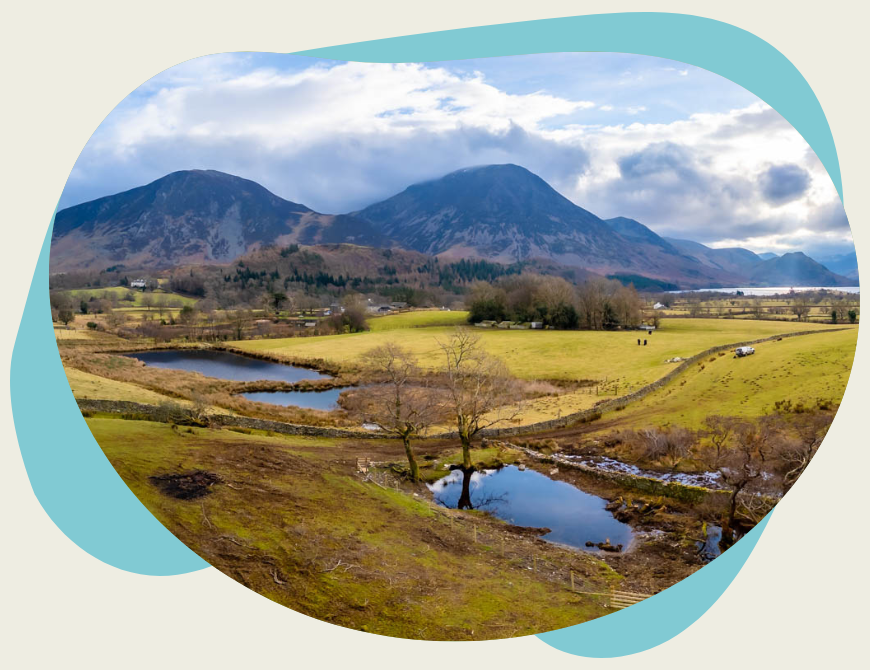
All Projects
A Wilder Walkmill
Catchment Partnerships
River Cocker
Fish & Habitat Surveys
Invasive Non-Native Species (INNS)
Longlands Lake
Resilient Glenderamackin
River Ehen
River Irt
St John’s Beck
Toad Patrol
Loweswater
Rivers Waver & Wampool
Dubwath Beck
Project Archive
Woodlands For Water

















